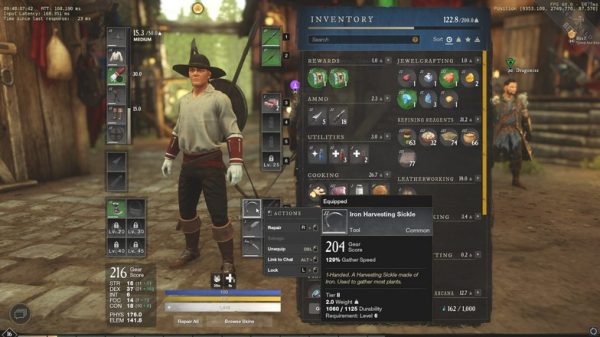The executor of an estate is responsible for managing the assets and affairs of a deceased person, also known as the “decedent.” The executor is appointed by the decedent in their will or, if there is no will, by the court. Cherry Hill NJ Probate Lawyers can help you by providing case-specific information through their experience and skills.
During the probate process, the executor has several duties to fulfill. Some of these duties include:
- Gathering and inventorying the decedent’s assets.
The executor must identify and locate all of the decedent’s assets, including real estate, personal property, and financial accounts. They must also determine the value of these assets and prepare an inventory.
- Paying debts and taxes
The executor must pay the decedent’s outstanding debts and taxes, including any final income taxes, estate taxes, and funeral expenses. They must make all the formal arrangements on behalf of the deceased individual.
- Managing and distributing assets
The executor must manage the decedent’s assets during the probate process and distribute them according to the terms of the will or state law. This may involve selling assets, transferring ownership, or distributing cash to beneficiaries, as mentioned in the will. If the deceased testator has written how the funds will be used, the executor must ensure it is handled appropriately.
- Filing necessary paperwork
The executor must file various legal documents during the probate process, including the will, death certificate, and inventory of assets. They may also need to file tax returns and other financial documents on behalf of the estate’s owner.
- Communicating with beneficiaries
The executor must keep beneficiaries informed about the progress of the probate process and any decisions made about the distribution of assets. He is liable to provide information and all the necessary details about the procedure so that everyone is well informed.
- Representing the estate in court
If the probate process is contested, the executor may need to represent the estate in court and defend the decedent’s wishes.
Seek professional help today!
The probate process can be complex and time-consuming, and the duties of an executor can be overwhelming. It is important for the executor to be organized and keep good records in order to fulfill their responsibilities effectively.
If you have been named as the executor of an estate, it is important to understand your duties and seek the help of an attorney if necessary. An experienced probate attorney can assist you with the legal process and ensure that the decedent’s assets are distributed according to their wishes.



































